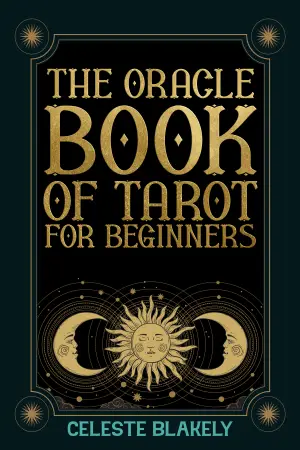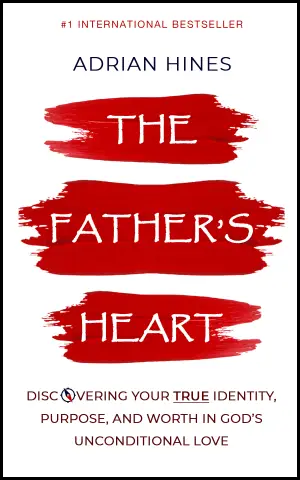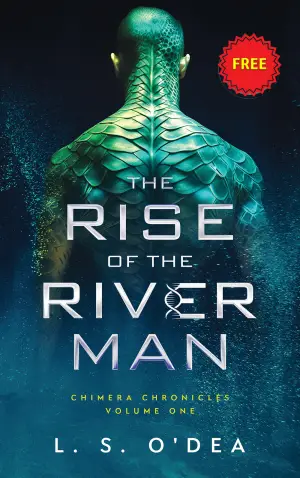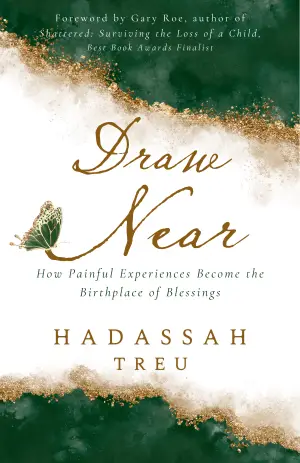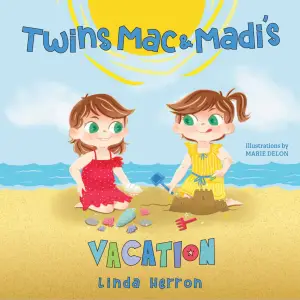Diving Deep into Tideborn: A Heartfelt Journey Through the Drowned World
When I first ventured into Fathomfolk, I was utterly captivated by Eliza Chan’s unique world—a vibrant, yet haunting landscape where the ocean blends seamlessly with the complexities of human emotion. With the heart-wrenching finale leaving me shattered, I eagerly anticipated the sequel, Tideborn, which promised both heartache and healing. I couldn’t help but wonder: Could this new chapter in the Drowned World mend my broken heart or shatter it even further? Spoiler alert: It did both, and I couldn’t have asked for a better continuation of this mesmerizing saga.
Tideborn picks up just weeks after the emotional upheaval of Fathomfolk. The narrative is rich, brimming with the diverse perspectives of Mira, Nami, and Cordelia—three women whose lives intertwine within the context of a society on the brink of chaos. Mira, steadfast and resilient as ever, attempts to balance her responsibilities as a leader while grappling with profound grief following Kai’s death. Her political astuteness shines through as she navigates a complicated social landscape. I found myself rooting for her, feeling her fatigue and burden, yet admiring her strength. Chan beautifully captures the nuances of political strife, making every twist palpable.
Mira’s counterpart, Cordelia, offers a contrasting yet equally compelling perspective. Leaving her past behind, she emerges as a fierce, driven entrepreneur, grappling with her own moral ambiguities. I’ll admit, I wasn’t fond of her in the previous book, but her evolution in this sequel was remarkable. Cordelia embodies a duality that makes her intriguing—ruthless in her ambition yet unmistakably human in her love for her children. Chan’s character work is staggering here; I felt a strange admiration for her determination to succeed, even as she wrestles with emotional conflict.
Nami, on the other hand, has grown significantly, reminding me of my own journey of self-discovery. Her quest to save Tiankawi—both its people and its very essence—resonated deeply with me. Nami’s youthful impulsiveness initially frustrated me in Fathomfolk, but I found joy in her development in Tideborn. Her chapters were filled with hope and introspection, and I couldn’t help but cheer her on as she harnessed her powers and faced formidable challenges.
What struck me most about Tideborn was the exquisite world-building. Chan’s vivid descriptions of the ocean and its mesmerizing creatures transported me into a fully realized realm. I could practically hear the waves crashing, feel the rhythm of the currents. The imagery was so vivid that I often felt like I was watching a cinematic experience unfold in my mind.
Amidst the tide of emotions—crippling grief, resilience, and love—Tideborn isn’t just a tale of individual struggles; it’s a mirror reflecting a society in turmoil yet bursting with potential. Chan has an incredible knack for capturing complex relationships, whether they be friendships or business rivalries, imbuing each with emotional depth.
As I closed the book, my heart felt full, yet achingly tender. Tideborn is a powerful manifestation of hope, resilience, and the indomitable spirit of its characters. For anyone who loves intricate narratives about strong women navigating tumultuous waters, this book is a must-read. It took me on a journey where I felt every joy, sorrow, and longing as though they were my own.
If you’re a fan of character-driven tales, complex emotions, and richly crafted worlds, you’ll find yourself completely absorbed in Chan’s Drowned World. After experiencing Tideborn, I can confidently say, it has a special place in my literary heart, and I eagerly await what lies ahead in this stunning saga.
Discover more about Tideborn (Drowned World, #2) on GoodReads >>




